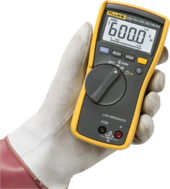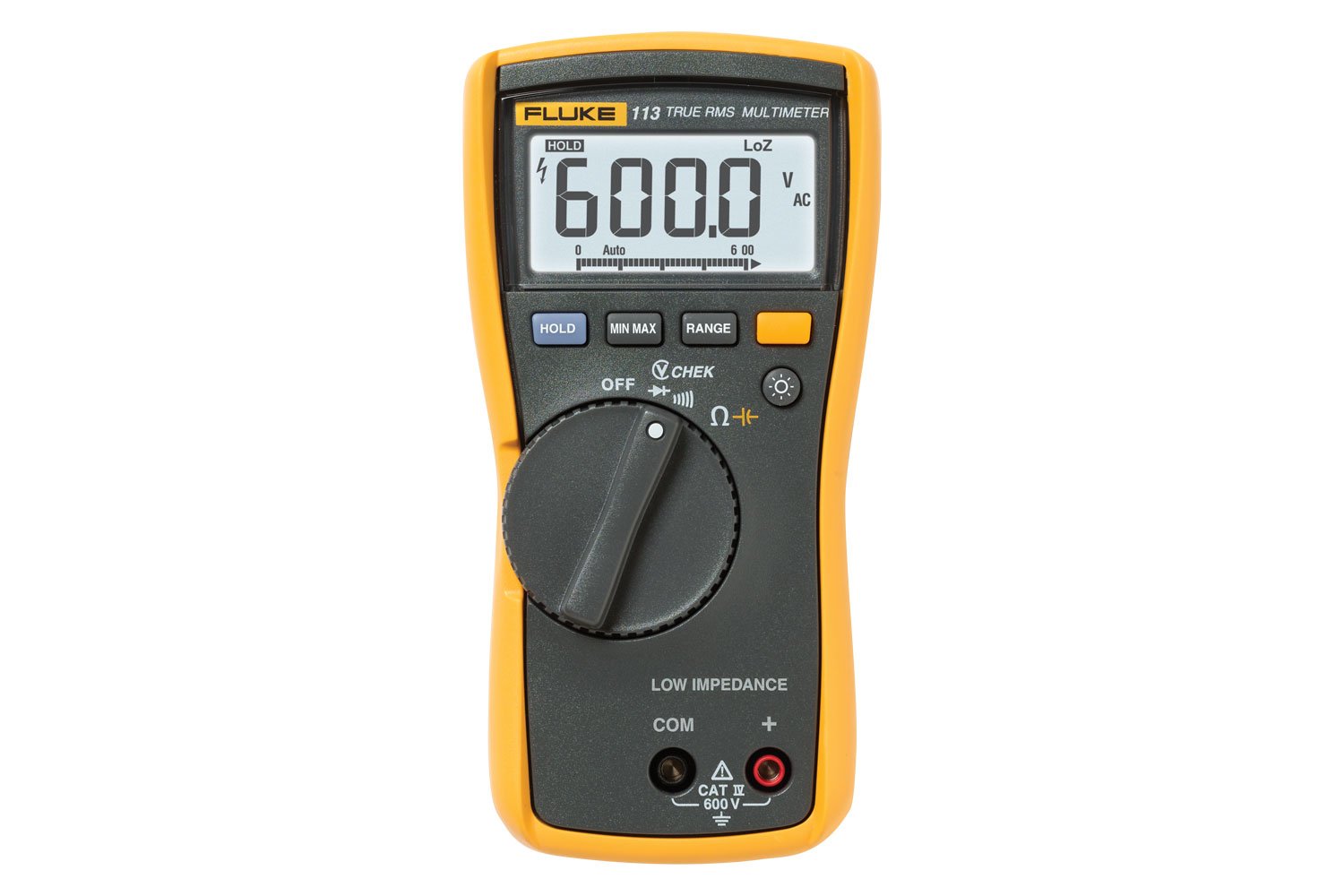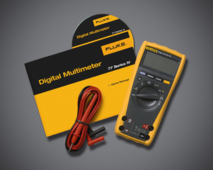hwy17
Anti-Solar Enthusiast
Just want to share my excitement that I've picked my new toy.
I ran into a case recently where I doubted the accuracy of my Fluke 101 down to the .01VDC granularity so I finally had justification to get a new multimeter.
Of course the clamp meters are tempting, but I didn't want to spend $450 on getting every feature, and I wanted accurate volts most of all.
So I found the Fluke 113, it's got one setting for AC/DC VRMS and continuity all in one! No more twisting the dial for me, nearly just one setting for everything that I'm normally doing. And, LoZ low impedance which will drain AC phantom voltage induced by other wires, so no more wondering if that errant 70v measurement is real or not.
Ever since I was a kid learning with a meter I was wondering why's this thing gotta have so many settings when we all really just use like 2. And now I'm right, just 2 settings!

I ran into a case recently where I doubted the accuracy of my Fluke 101 down to the .01VDC granularity so I finally had justification to get a new multimeter.
Of course the clamp meters are tempting, but I didn't want to spend $450 on getting every feature, and I wanted accurate volts most of all.
So I found the Fluke 113, it's got one setting for AC/DC VRMS and continuity all in one! No more twisting the dial for me, nearly just one setting for everything that I'm normally doing. And, LoZ low impedance which will drain AC phantom voltage induced by other wires, so no more wondering if that errant 70v measurement is real or not.
Ever since I was a kid learning with a meter I was wondering why's this thing gotta have so many settings when we all really just use like 2. And now I'm right, just 2 settings!

Last edited:





